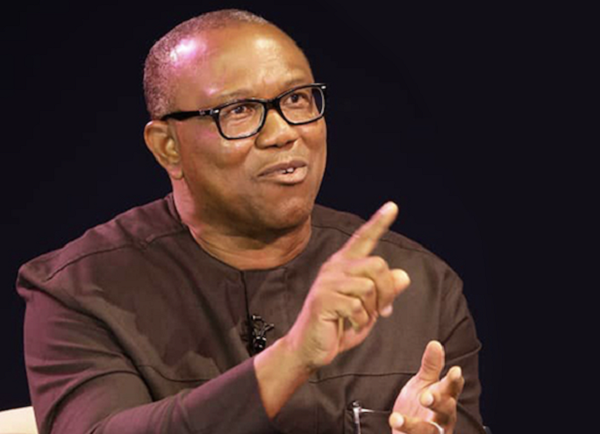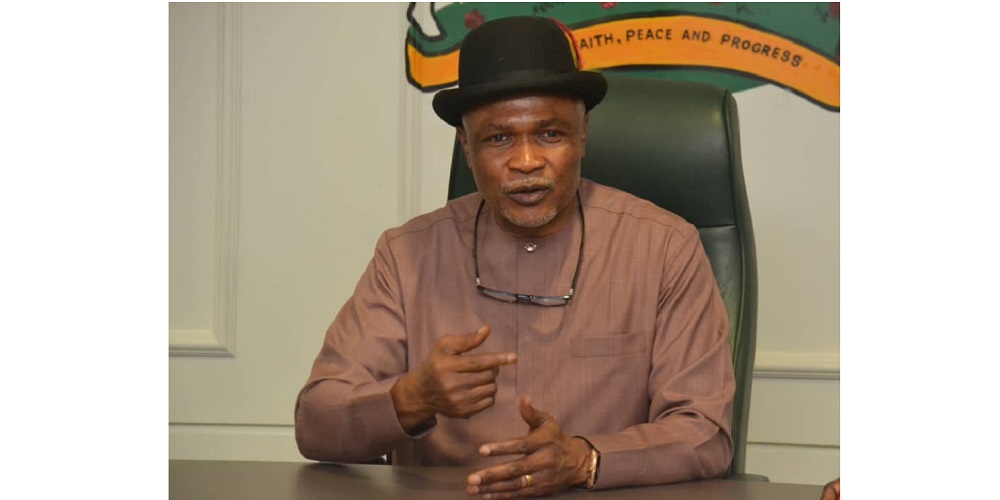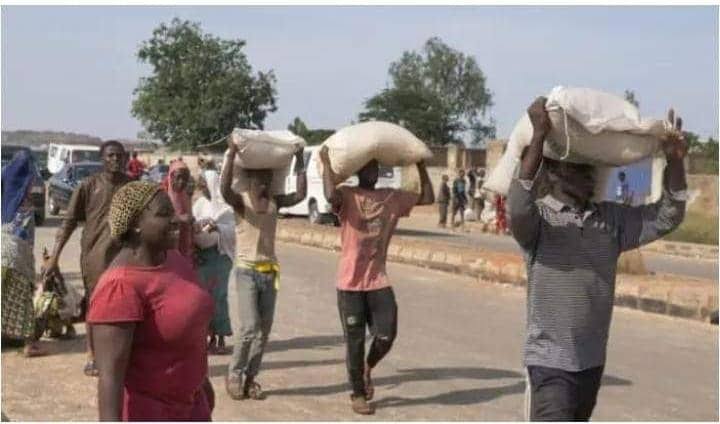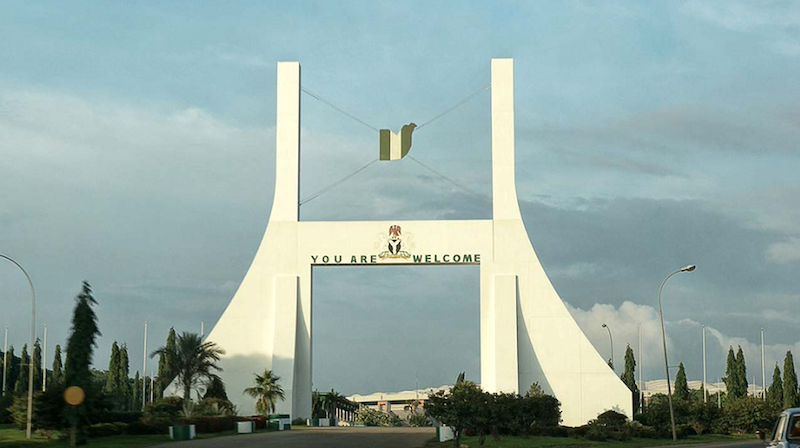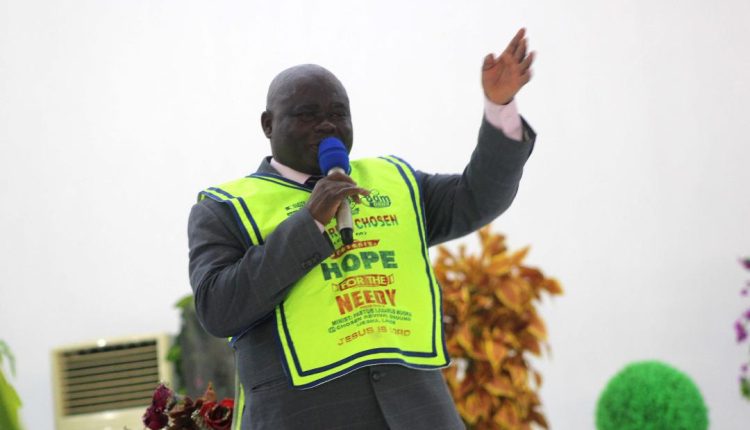The Labour Party’s presidential candidate in the 2023 general elections, Peter Obi, has continued to express his concerns amidst the escalating hardship caused by the continuous spike in commodity prices.
Obi, in a post on his official X account on Wednesday, expressed worry that many Nigerians now allocate their entire income to food purchases alone.
The former Anambra Governor, referencing the hunger index forecast, lamented that the situation was growing increasingly complex
He further urged the Nigerian government to secure the nation’s farmers and provide them with adequate support to enhance food production. Obi’s statement read, “I was alarmed when, in January 2023, the Cadre Harmonisé, a publication by UNICEF, indicated that nearly 25 million Nigerians were at risk of facing hunger between June and August 2023 if urgent actions were not taken.
Like every concerned Nigerian, I was very worried and called on the government to take immediate measures to stem the tide of impending hunger in the nation. By the end of 2023, approximately 26.5 million Nigerians were reported to be at risk of hunger. This concern extends into 2024, with an estimated 26.5 million Nigerians still at risk. “It is saddening to note once again that the same publication, Cadre Harmonisé, is warning that an additional 31.5 million Nigerians are at risk of acute hunger and severe food insecurity between June and August 2024.
The situation has become more dire with the soaring cost of living and the high inflation rate afflicting our economy. Currently ranked 109th out of 125 countries on the Global Hunger Index, Nigeria is considered among the top 20 hungriest nations in the world. Many Nigerian households now spend almost their entire income on food alone, leaving the budget for other family expenses unimaginable. I have consistently argued that the most effective way to combat hunger in Nigeria is by transitioning our nation from consumption to production.
This involves aggressive investment in agriculture by fully exploiting and cultivating our vast arable lands, especially in the Northern parts of the country. Given the warning of the impending crisis – the additional number of Nigerians expected to face hunger by June this year – I strongly advocate for immediate actions to enhance food production in the country to counter the escalating hunger and consequent frustration among the populace.
With the high level of insecurity and terror attacks in many parts of the country preventing farmers from engaging in agricultural activities, and the management of our monetary policies adversely affecting small businesses in the agricultural sector, it is imperative for the government to secure the farmers and provide them with the necessary support to boost food production.
